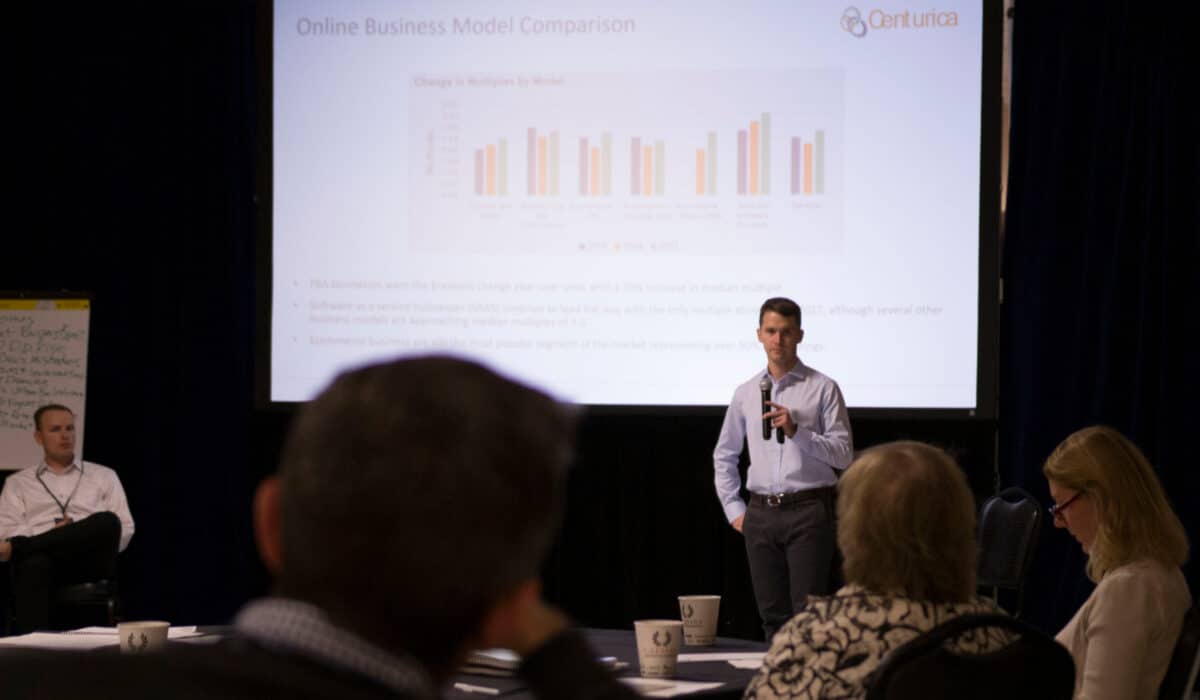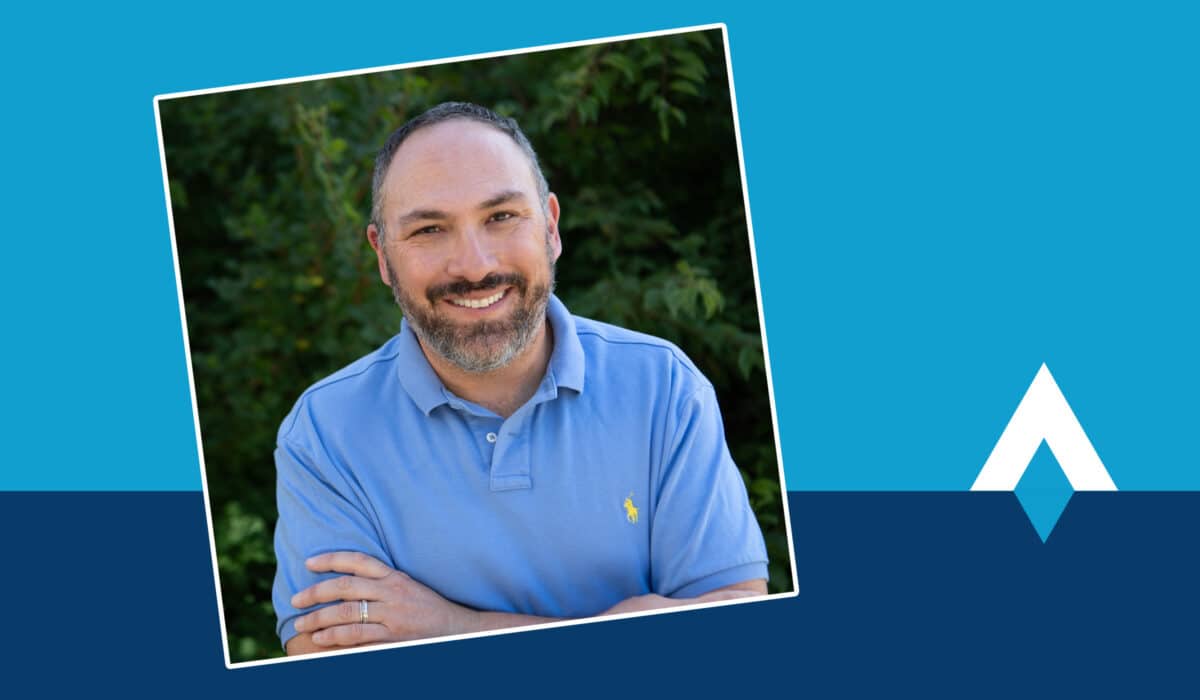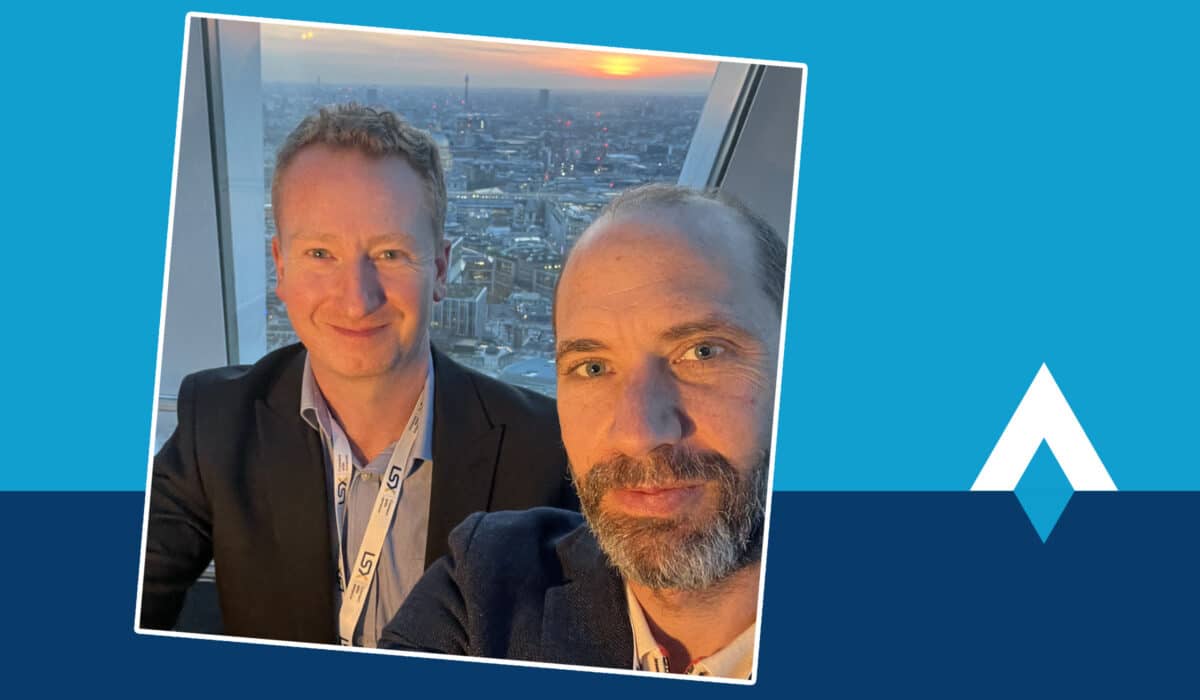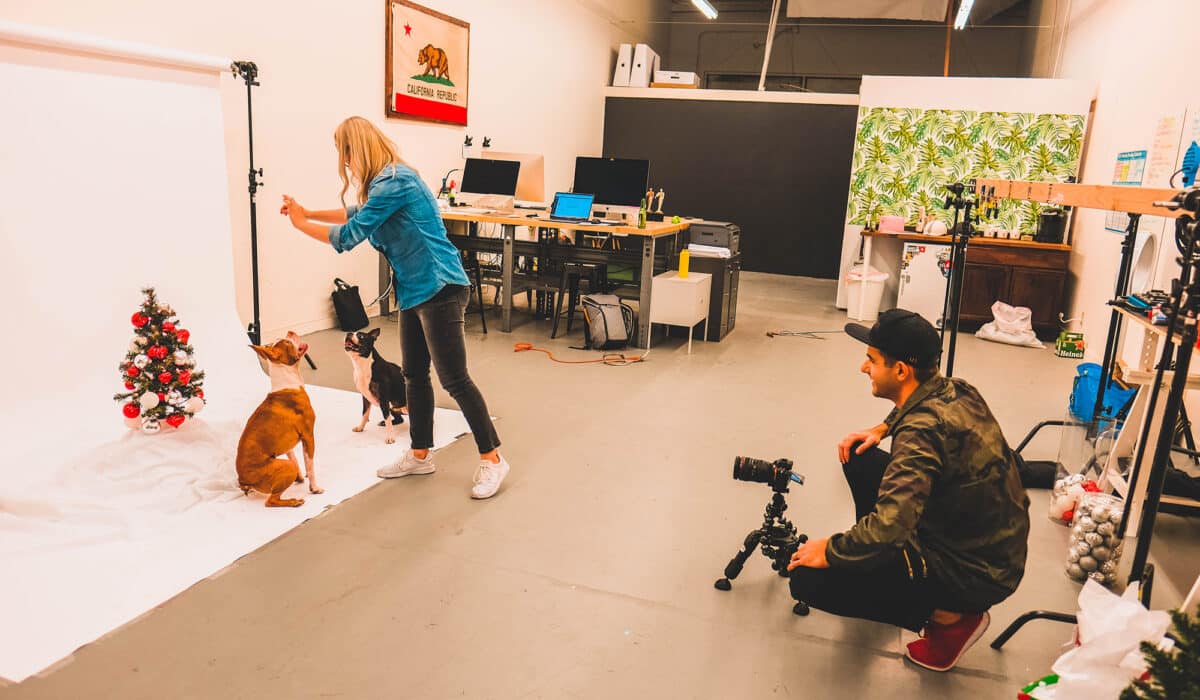Selling a company is complicated enough.
But what if your prospective buyer is a direct competitor in your industry? If the deal falls through, will you have revealed too much about the inner workings of your business?
That was the situation that Chris Yates had to maneuver when he was selling Centurica, a company that offers due diligence services for digital business acquisitions.
Yates acquired Centurica two years after its launch in 2013. A veteran of buying and selling web-based companies himself, Yates grew Centurica with his deep experience in investing in undervalued assets in websites, making improvements and turning them into successful businesses.
Centurica worked with ecommerce-focused private equity firms, including large Amazon FBA aggregators. The company specializes in helping these companies and others buy online businesses in the range of $50,000 to $50 million.
That specific focus paid off as Centurica, a bootstrapped company, was earning 7 figures in revenue with its two founders plus a team of contractors, when it was acquired in 2022 for a 7-figure sum. In total, Centurica has provided services on more than 500 deals and $300 million in merger and acquisition transactions, the company reports.
Centurica had hit its capacity when a competitor made an offer
Yates had considered selling Centurica, though wasn’t serious about it. But after about seven years of running the company, Yates knew Centurica had hit its limit under his leadership.
“We had maxed out our capacity to service clients with our existing team,” Yates said. “And the buyer brought the experience we didn’t have to scale the operations.”
He sold to a competitor in the due diligence and merger and acquisition space: serial entrepreneur Nate Ginsburg, who leads FBA Due Diligence.
Ginsburg reached out to Yates via email about a possible partnership and the two arranged a call, Yates said.
“He ended the first call saying ‘maybe one of us should buy the other one,’” Yates recalled. “I thought it could be a possible fit given we had an owner who was heavily involved in the business and the transition would be much easier for a competitor who already had infrastructure in place.”
While intrigued by the possibilities, Yates said he was still careful with revealing too much information too early.
“I was guarded with information at first until I knew he had the funds to actually make the deal happen,” Yates said. “Then (I) slowly started to open up as we discussed key items like price, terms, etc.”
Yates viewed the sales process as a series of steps that had to be accomplished one by one before he’d reveal more information. That way, if there was a snag at any one point, he could pull out of the deal and mitigate any potential harm to the business.
“I looked at the letter of intent (LOI) and due diligence process like a set of dominoes where each domino was a potential roadblock that could prevent the deal from going through,” he said. “Each (domino) allowed us to reveal more sensitive information along the way. For instance, we didn’t share any detailed financials until the bank looked at the deal and confirmed it would be possible at the price we were thinking. Then, we kept our most sensitive information held back in due diligence until the bank fully signed off with a commitment letter.”
Ginsburg, who also hosts The eCom Exits podcast, wrote a Facebook post announcing the acquisition. “This is my dream acquisition, and I’m so excited to build on Centurica’s already strong legacy,” he wrote.
Ultimately, the sale process went off without a hitch, Yates said. That was thanks to a methodical, domino-toppling approach.
“Make sure you have adequate protection if the deal doesn’t go through,” he said. “For instance, you could negotiate a break-up fee or a non-solicit on your clients and employees as part of a binding LOI. Try to really understand what deal killers might prevent the deal from going through and get those out of the way as early as possible in the process so you don’t reveal too much proprietary information.”
Frequent communication also helped ensure the deal was on track, Yates added.
“We held a recurring weekly call through the six months from initial conversation until closing,” he said. “This was key to maintain alignment.”
After the sale, Yates turned his focus to a company he’d previously run in parallel with Centurica, Rhodium Weekend, a vetted community of digital entrepreneurs and investors.
His advice to sellers: “Run [the business] like it’s not been sold until the money hits your bank.”
Ginsburg hosts The eCom Exits podcast. A previous version of this story misstated the name of his podcast. We share more about our reporting process here.



